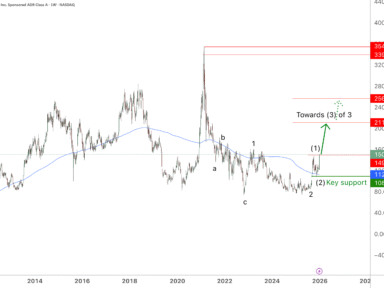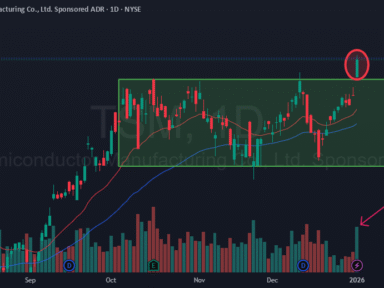Takeaways
• China’s market regulator has formally accused Nvidia of violating antitrust regulations
• The investigation centers on Nvidia’s alleged monopolistic practices in the AI chip market
• Chinese officials claim Nvidia has been using its dominant position to impose unfair pricing and restrictive conditions
• This marks the first major international antitrust case targeting Nvidia’s AI chip business
• The case could significantly impact global AI chip supply chains and international tech relations
China Launches Unprecedented Antitrust Action Against Nvidia
In a move that has sent shockwaves through the global tech industry, China’s State Administration for Market Regulation (SAMR) has formally accused Nvidia of violating antitrust regulations. The investigation, announced yesterday, focuses on allegations that the American chip giant has been engaging in monopolistic practices in the artificial intelligence chip market, where Nvidia currently holds a commanding position with its industry-leading GPU technology.
According to Chinese officials, Nvidia has allegedly been leveraging its market dominance to impose unfair pricing structures and restrictive conditions on Chinese technology companies. The investigation comes amid growing tensions between the United States and China over technology supremacy, particularly in the strategically important field of artificial intelligence.
Potential Implications for Global AI Development
This antitrust case represents a significant escalation in China’s approach to regulating foreign technology companies operating within its borders. If found guilty, Nvidia could face substantial fines and potentially be forced to restructure its business practices in what remains one of its largest markets.
Industry analysts suggest this move may be partially motivated by China’s push to develop its own domestic semiconductor industry and reduce dependence on American technology. The timing is particularly notable as it comes shortly after the US government imposed additional export restrictions on advanced AI chips to China.
Market Response and Industry Reactions
Nvidia’s stock price dropped nearly 7% following the announcement, reflecting investor concerns about potential disruptions to the company’s business in China. The company has issued a brief statement indicating it “operates in full compliance with all applicable laws in the markets where it does business” and that it will “cooperate fully with the regulatory investigation.”
Other major tech companies are closely monitoring the situation, as the outcome could set precedents for how global technology giants operate in China going forward. This case may signal a new chapter in the complex relationship between Western tech companies and Chinese regulators.
FAQ
What specific antitrust violations is Nvidia accused of?
China’s market regulator alleges that Nvidia has been abusing its dominant market position by imposing unfair pricing structures, implementing restrictive sales conditions, and potentially engaging in exclusive dealing arrangements that limit competition in the AI chip market.
How important is the Chinese market for Nvidia?
China represents approximately 20-25% of Nvidia’s total revenue, making it one of the company’s most crucial markets. Any significant regulatory action could substantially impact Nvidia’s global business performance and growth prospects.
Could this case affect AI development outside of China?
Yes. If Nvidia faces restrictions in China or is forced to change its business practices, this could disrupt global AI chip supply chains and potentially slow AI development worldwide. It might also accelerate China’s efforts to develop domestic alternatives to Nvidia’s technology.
How does this relate to existing US-China tech tensions?
This case appears to be part of the broader technology competition between the US and China. It comes after several rounds of US export restrictions on advanced chips to China and may represent a countermeasure by Chinese authorities to assert control over their domestic tech market.
What precedents might this case set for other tech companies?
This investigation could establish new parameters for how foreign technology companies operate in China, particularly those with dominant market positions. Companies like Intel, AMD, and other semiconductor manufacturers may face similar scrutiny if China decides to expand its antitrust enforcement actions.
How has Nvidia responded to these allegations?
Nvidia has issued a statement denying any wrongdoing and asserting that it operates in compliance with all applicable laws. The company has indicated it will cooperate with Chinese regulators while defending its business practices.
What potential penalties could Nvidia face if found guilty?
Under Chinese antitrust law, companies found guilty of monopolistic practices can face fines of up to 10% of their previous year’s revenue in China. Additionally, regulators could impose structural remedies requiring Nvidia to change its business practices or even divest certain operations.
















How would you rate Nvidia Antitrust: China’s Regulatory Action Against AI Chip Giant?